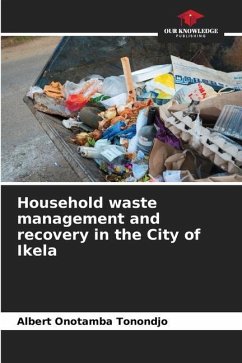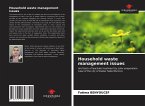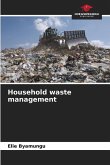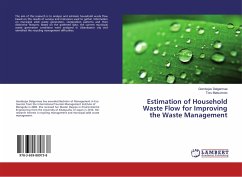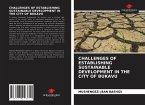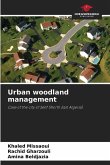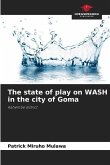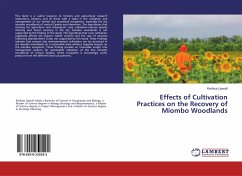The issue of household waste is of socio-economic importance when it is properly recycled by means of composts. They can reproduce organic fertilisers at low cost, and are therefore palliatives to expensive chemical or mineral fertilisers. Organic fertilisers for agriculture also help to improve soil structure by allowing rainwater to infiltrate, gradually releasing fertilising elements such as nitrogen, phosphorus and potassium (NPK), increasing the cation exchange capacity of the soil and boosting its activity as a source of matter and energy for the soil's micro-organisms. In this case, they are a therapy for intensive agriculture rather than the use of mineral fertilisers, which exhaust the soil too much after use. In view of the above, proper management and recycling of household waste is useful for market gardening, which is a source of income if the products are sold. Household waste can cause enormous damage to people if care is not taken.

